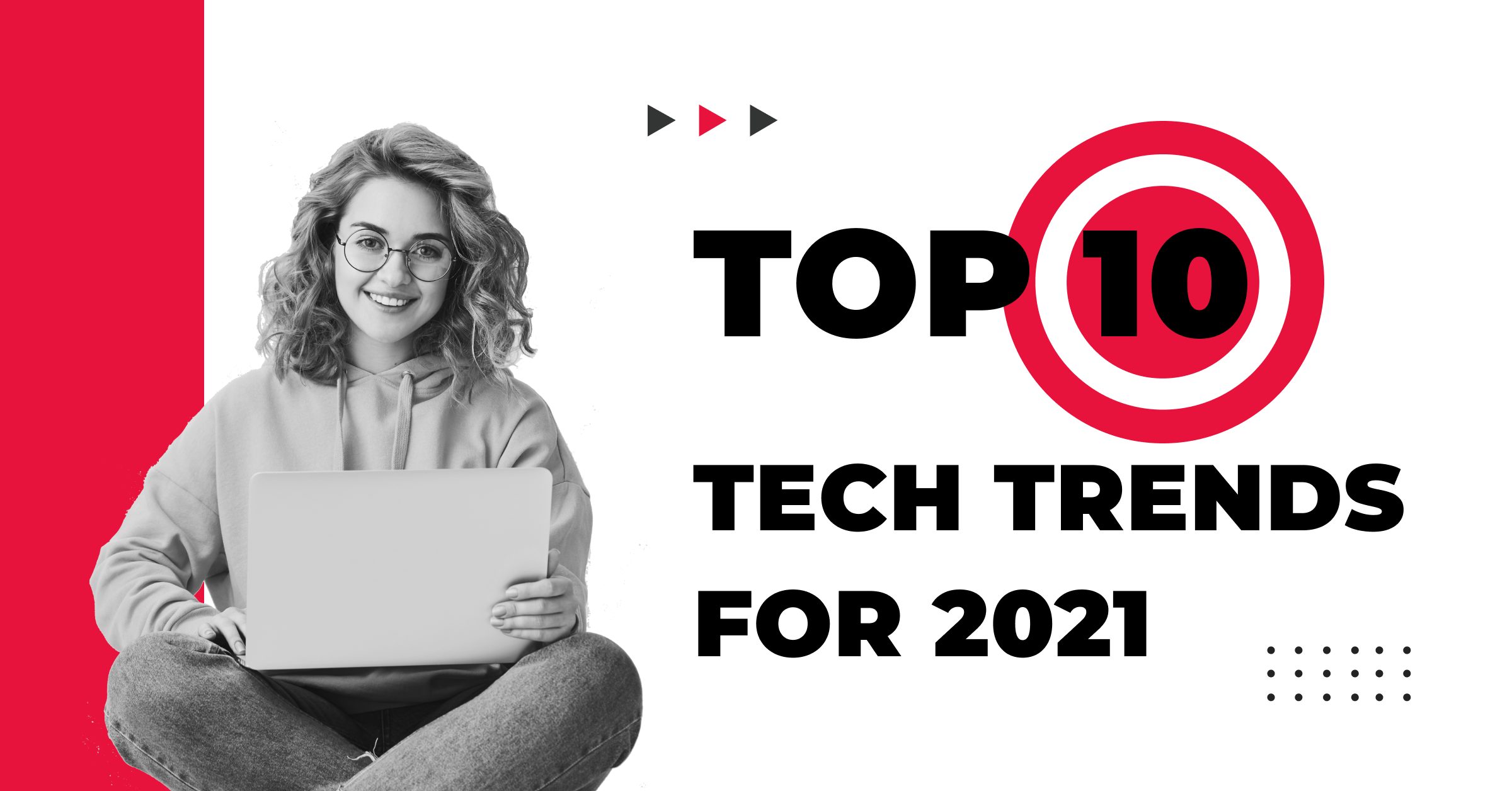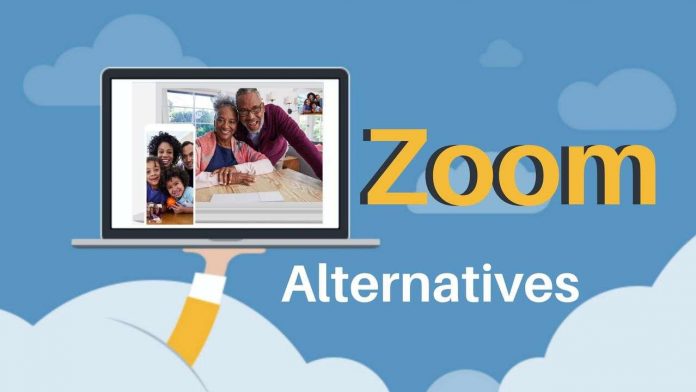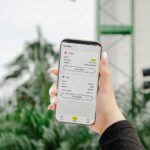In 2017, Facebook has updated its Newsfeed algorithm to prioritize authentic and genuine content, and not promote sensational, misleading or spammy posts. The new update has also affected the organic reach of Facebook pages and it has become difficult for page owners to get more followers, which is why they often Buy Real Facebook Likes. Facebook has categorized pages that share inauthentic posts like clickbaity headlines and fake news or often their posts hidden. And the posts that do not show any similarity to inauthentic content will be given extra feed visibility.

Faster Loading Pages
Following Google’s technique of ranking websites, Facebook has also prioritized sites that have faster loading times in the Newsfeed. It is quite frustrating for users to click on a link on Facebook and wait for the page or site to load properly. Researches have shown that about 40% of the users abandon a website after a delay of three seconds. Businesses and brands should invest in faster loading pages on their websites, as they will not only be penalized by Google, but by Facebook as well.
Also Read: How to Manage Facebook Pages from Mobile?
Overshared Posts
According to the new algorithm, the pages that post multiple posts a day and share sketchy links to clickbait sites are at a great loss. Although Facebook will not suspend these pages, but it will start demoting their posts so that they do not appear in a user’s newsfeed. Hence, pages that used to rely on spammers for traffic will now see a decrease in post visibility and engagement.
Explore Feed
For some while, Facebook has been testing a new feature called “Explore feed”, that will help users see content outside of the pages and friends they are already following. The content found in the “Explore Feed” is similar to the content that you like on Facebook. You can find this feature in the navigation menu where options for weather, sports etc. are located.
Low Quality Website Links
This year, Facebook has also announced to bury links to low-quality websites that come from Facebook ads or posts. A low-quality is defined as the one that contains very little substantive content and is covered with shocking, disruptive or malicious ads. This update is the result of the complaints from users that newsfeed often points them misleading and spammy websites.







